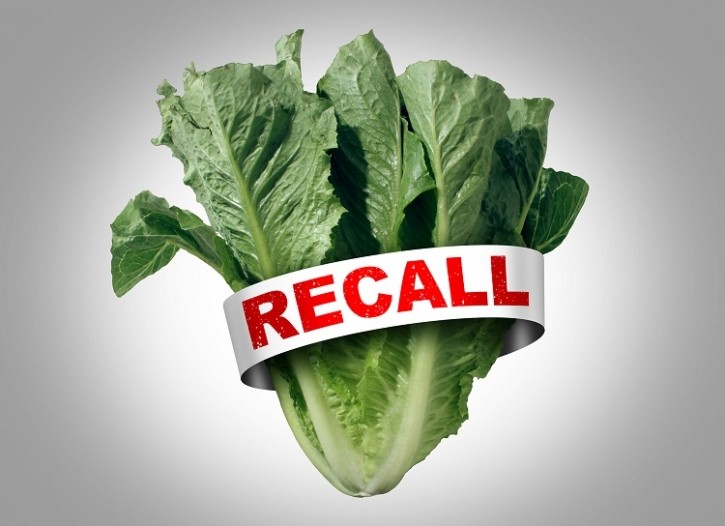Total recall: Which foods are being withdrawn from shelves and why?

Reflecting on 2023 through a global food safety lens does not reveal a linear trend. While increases in recalls and alerts were observed in certain geographies, in others, recall numbers are rapidly increasing.
What can we learn from 2023 food and beverage recall data? And which food safety hazards should manufacturers keep an eye out for?
Top causes of food and drink recalls across US, UK, Canada and Australia
Crisis management and recall consultancy RQA Group has analysed data across food safety agencies in the US, UK, Canada and Australia to reveal the number one cause of recalls last year: microbiology.
Microbial contaminations include the presence of listeria in cheese and salmonella in kebabs. Such contaminations are not reserved for animal sourced products alone: plant-based ingredients are also at risk.
The presence of allergens in food and drink products also dominated food recalls last year. With allergy now the most common chronic disease in Europe, such findings are alarming.
Other causes of food recalls across these geographies include the presence of foreign bodies, unsanitary conditions, or labelling errors (non allergy related).
“The main root cause drivers are microbiology and allergens across most agencies and, especially in the case of microbiology, we see a large spread in numbers of products affected per event as commodity items are used in multiple end products,” noted RQA Group.
Overall, 2023 saw an increase in recalls and alerts from US and EU agencies, which the consultancy suggests could be related to ‘recovery following the post pandemic slump’. Conversely, a ‘significant’ drop in recall numbers was observed from UK, Canadian and Australian agencies.
Spotlight on EU: alert numbers on the rise
In 2023, the EU’s Rapid Alert System for Food and Feed (RASFF) – a food safety tool developed to exchange potential public health risks between Member States – recorded the highest number of total food notifications since 2020. The number of alert numbers (considered the most serious cases) were up from 2022 but not as high as in previous years.
As to why alerts have spiked, RQA Group noted it’s ‘difficult to ascertain’ since RASFF data covers a large number of Member States and event information is not always particularly detailed. “There are clear variabilities and how some of this data is logged and classified, as would be expected by such a broad landscape, which adds to the complexity of any analysis on the whole.”
The top 10 product categories recalled in 2023 according to RASFF alert notifications is led by fruits and vegetables, followed by poultry meat and poultry meat products; cereals and bakery; herbs and spices; meat and meat products (other tan poultry); other food products; milk and milk products; dietic food, food supplements and fortified foods; and prepared dishes and snacks.
The top two categories – fruit & veg and poultry meat & poultry meat products – made up 24% of total numbers alone and according to RQA Group, are reflective of some of the large, commodity driven recalls which it sees affecting multiple items.
Spotlight on UK: recall numbers lowest seen since before 2017
The UK’s Food Safety Agency, conversely, observed much lower recall numbers than in previous years. Since the COVID-19 pandemic, numbers have steadily been trending down, with 2023 figures down 21% compared to 2022.
The leading cause of recalls relates to allergens, followed by foreign bodies, then microbiological concerns. These top three causes – contamination and allergens – are the cause of more than 90% of UK food recalls.
As to which food categories were the most recalled in 2023, according to FSA data confectionery takes the cake, followed by the prepared dishes, pasta and noodles category. The dairy category is responsible for far fewer recalls, followed by soups, broths, sauces and condiments; meat and meat products (other than poultry); cereals and bakery; herbs & spices; nuts, seeds and snacks; non-alcoholic beverages; and nutritional products.
A significant 13% of recalls in the UK were associated with vegan and vegetarian products. According to RQA Group, this seems like a disproportionately high number for the market share of this specific food sector, but further analysis would be required to confirm that.





